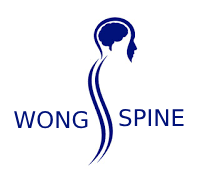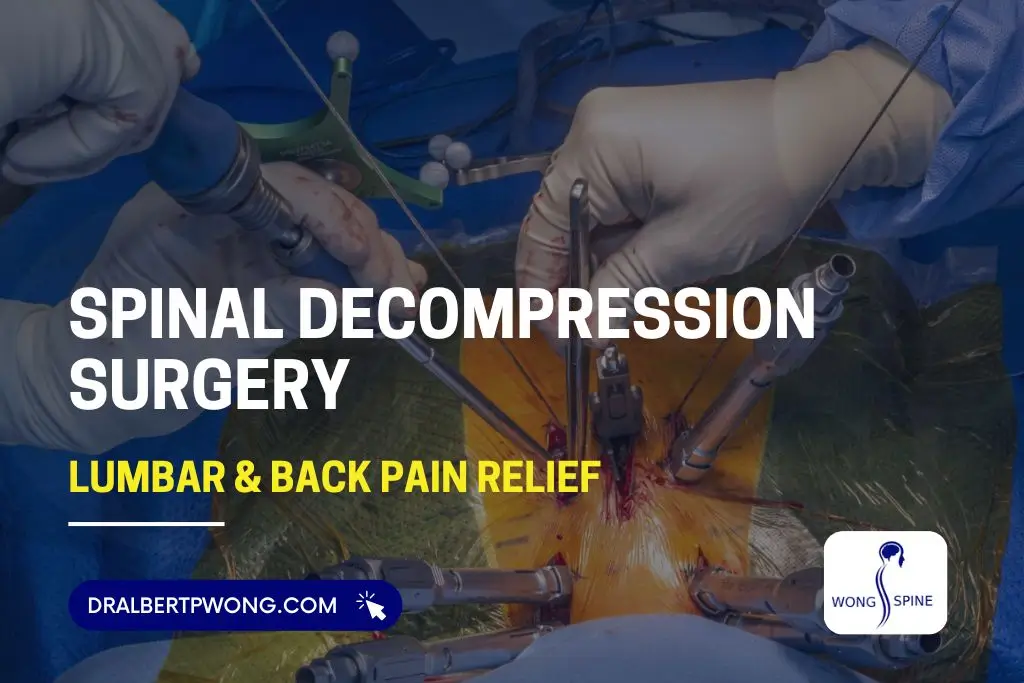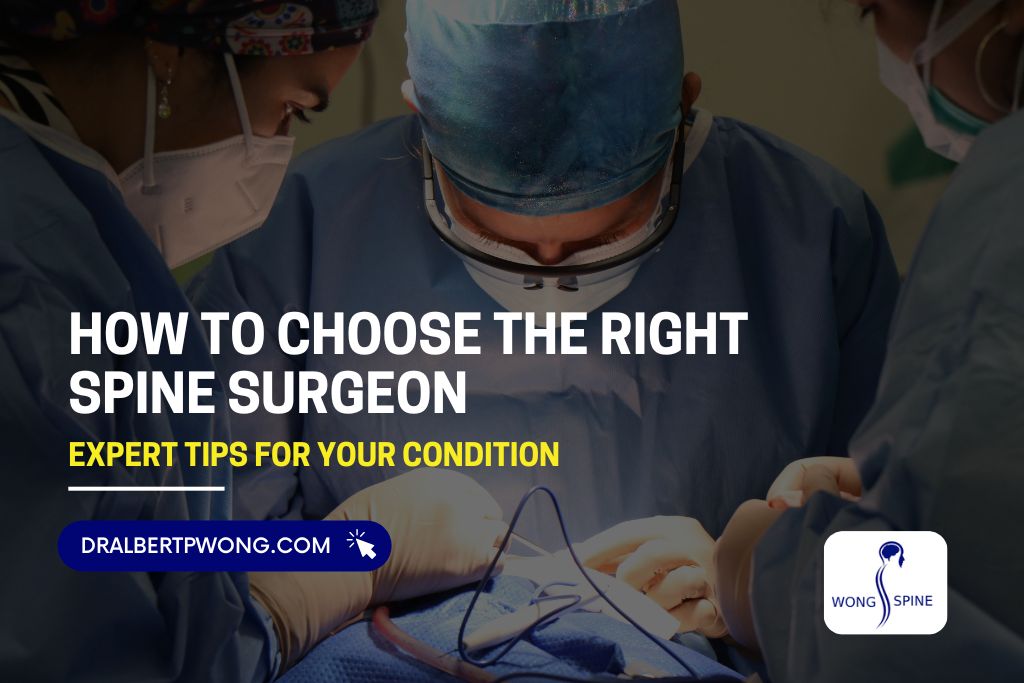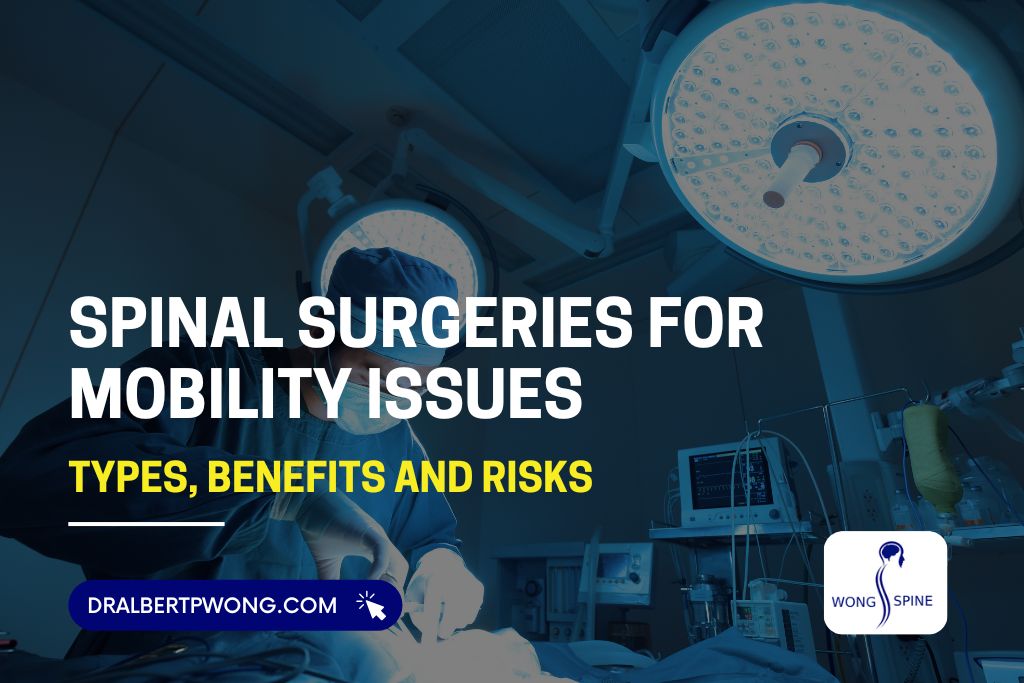Overview
Back pain is often temporary and improves with rest and home care. Chronic back pain may indicate an underlying problem that needs advanced treatment.
Surgery is usually a last resort, considered only after treatments like physical therapy and medication fail. Certain severe or “red flag” symptoms may require urgent medical attention and prompt surgical intervention.
What Are the Benefits of Back Surgery?
Back surgery can provide relief and improve quality of life when conservative treatments do not work. The benefits depend on the type of surgery, but common goals include:
- Pain relief.
- Improved mobility and function.
- Correction of deformities (e.g., scoliosis, spondylolisthesis).
- Reduced need for pain medication.
- Stabilization of unstable or fractured vertebrae.
4 Red Flag Signs That Require Immediate Medical Attention
Most back pain can wait for a scheduled appointment. Some symptoms, however, require urgent medical attention. Go to the nearest emergency room if you experience any of the following:
- Loss of bowel or bladder control: This may indicate cauda equina syndrome, a serious condition where nerves at the base of the spinal cord are compressed.
- Severe or progressive muscle weakness: Sudden or worsening weakness in your arms or legs can be a sign of nerve damage.
- Widespread numbness: Numbness in the “saddle” area (inner thighs, buttocks, and groin) needs immediate evaluation.
- Back pain with fever: Fever with back pain could indicate a spinal infection or another serious condition.
5 Signs That Suggest the Need for Back Surgery
Certain ongoing symptoms may indicate that conservative treatments are no longer enough and it may be time to see a spine specialist.
- Chronic, unrelenting pain: Pain lasting more than six to 12 weeks that does not improve with physical therapy, medication, or injections may require surgery.
- Radiating pain (radiculopathy): Pain, numbness, or tingling that spreads into the arms or legs can signal nerve compression, often from a herniated disc or spinal stenosis.
- Progressive weakness or numbness: Worsening muscle weakness or increasing numbness in the arms or legs may indicate ongoing nerve damage.
- Difficulty with daily activities: If back pain limits walking, standing, or performing routine tasks, surgery may help restore function and quality of life.
- Spinal deformity or instability: Conditions like severe scoliosis or spondylolisthesis may require surgery to correct deformity and stabilize the spine.
Common Conditions Treated by Back Surgery
Persistent back pain is often linked to an underlying condition. Many cases improve with conservative treatments. For severe cases, surgery may be necessary.
Common conditions that may require back surgery include:
- Herniated (or bulging) discs: The soft inner part of a disc pushes through the outer ring, pressing on nearby nerves. Most herniated discs heal on their own, but surgery may be needed if symptoms persist.
- Spinal stenosis: The spinal canal narrows, putting pressure on the spinal cord and nerves. It often develops with age and can cause numbness, tingling, or pain.
- Spondylolisthesis: One vertebra slips forward over the one below it, causing back pain. If it presses on a nerve, it can also cause leg pain.
- Degenerative disc disease: Spinal discs lose cushioning over time, leading to pain and stiffness. Severe cases may require surgical intervention.
- Spinal fractures: Vertebrae can fracture due to trauma or conditions like osteoporosis. Surgery can stabilize the fracture and reduce pain.
What to Expect Before Back Surgery
If you and your doctor decide surgery is the best option, you will go through several steps to prepare.
- Diagnostic imaging: Your surgeon will review recent MRI or CT scans to confirm your diagnosis and plan the surgery.
- Medical clearance: You may need a pre-surgery checkup and lab tests to ensure you are healthy enough for the procedure. This can include blood tests and an EKG.
- Medication review: Provide a complete list of all medications and supplements. Your surgeon will advise which ones to stop or adjust before surgery.
- Lifestyle changes: You may need to quit or reduce nicotine use, as smoking or vaping can slow healing.
- Logistical planning: Follow instructions on when to stop eating or drinking. Arrange for someone to drive you home and assist during the first few days of recovery.
- Anesthesia consultation: You will meet an anesthesiologist to discuss anesthesia options and address any questions or concerns.
What Lifestyle Changes Can Help Manage Back Pain?
Making lifestyle changes can help reduce back pain and support spinal health. These adjustments focus on improving posture, strengthening muscles, and reducing strain on the spine.
Maintain a Healthy Weight
Extra weight, especially around the midsection, increases stress on the back, discs, and joints. A balanced diet and regular exercise can help reduce this pressure.
Focus on Exercise and Movement
- Stay active: Light activity and walking prevent stiffness. Avoid prolonged bed rest.
- Strengthen your core: Abdominal, back, and hip muscles support the spine. Exercises like planks, bridges, and gentle yoga help prevent injury.
- Low-impact aerobics: Swimming, walking, and cycling maintain fitness without stressing joints.
- Stretch regularly: Stretching improves flexibility and eases muscle tension.
Practice Good Posture and Body Mechanics
- Sit and stand correctly: Keep a neutral spine. Use lumbar support and keep feet flat on the floor.
- Lift safely: Bend your knees, keep your back straight, and hold objects close. Avoid twisting while lifting.
- Adjust your workspace: Set up an ergonomic desk. Keep your monitor at eye level and take regular breaks to stretch.
Prioritize Quality Sleep
- Use proper support: Sleep on your side with a pillow between your knees or on your back with a pillow under your knees.
- Choose the right mattress: A medium-firm mattress supports spinal alignment better than a soft or old mattress.
Manage Stress Effectively
Stress can cause muscle tension and worsen back pain. Meditation, deep breathing, and yoga can help you relax.
Quit Smoking
Smoking reduces blood flow to spinal discs, speeding up degeneration. Quitting supports overall spinal health.
Frequently Asked Questions (FAQ) About Back Surgery
It’s normal to have questions when considering back surgery. Here are some of the most common ones:
How long does it take to recover?
Recovery time depends on the type of surgery and your overall health. Minimally invasive procedures may allow you to go home the same day and recover in a few weeks. More extensive surgeries, like spinal fusion, may require a hospital stay. Full recovery can take several months.
Will I lose flexibility in my back?
Procedures like spinal fusion reduce flexibility in the fused area because the vertebrae no longer move independently. Other procedures, such as a laminectomy, usually do not significantly affect flexibility.
What are the risks of back surgery?
All surgeries carry risks, including infection, blood clots, nerve damage, or reactions to anesthesia. Your surgeon will discuss risks specific to your procedure and health history.
Will my back pain go away completely?
Surgery can greatly reduce or eliminate pain for many patients, but it is not guaranteed. The main goal is to relieve nerve compression and stabilize the spine. Some discomfort may remain during healing.
What are my nonsurgical options?
Back surgery is usually a last resort. Most patients try nonsurgical treatments first, including:
- Physical therapy
- Medication
- Steroid injections
- Chiropractic care
- Acupuncture
When can I return to normal activities?
Your surgical team will give specific post-operative instructions. Light daily activities may be allowed within a few weeks. Strenuous activities like heavy lifting or contact sports should be avoided for several months. Return to work depends on your job and your surgeon’s approval.
Treatment at Spine Wong
Albert Wong, MD, a neurosurgeon in Los Angeles, California at Spine Wong, performs surgery for back pain. He treats the source of pain while preserving spinal function.
Surgical services include:
Dr. Albert Wong, MD, and his team at Spine Wong manage patients from evaluation to recovery. They reduce pain, restore mobility, and help patients return to daily activities.







